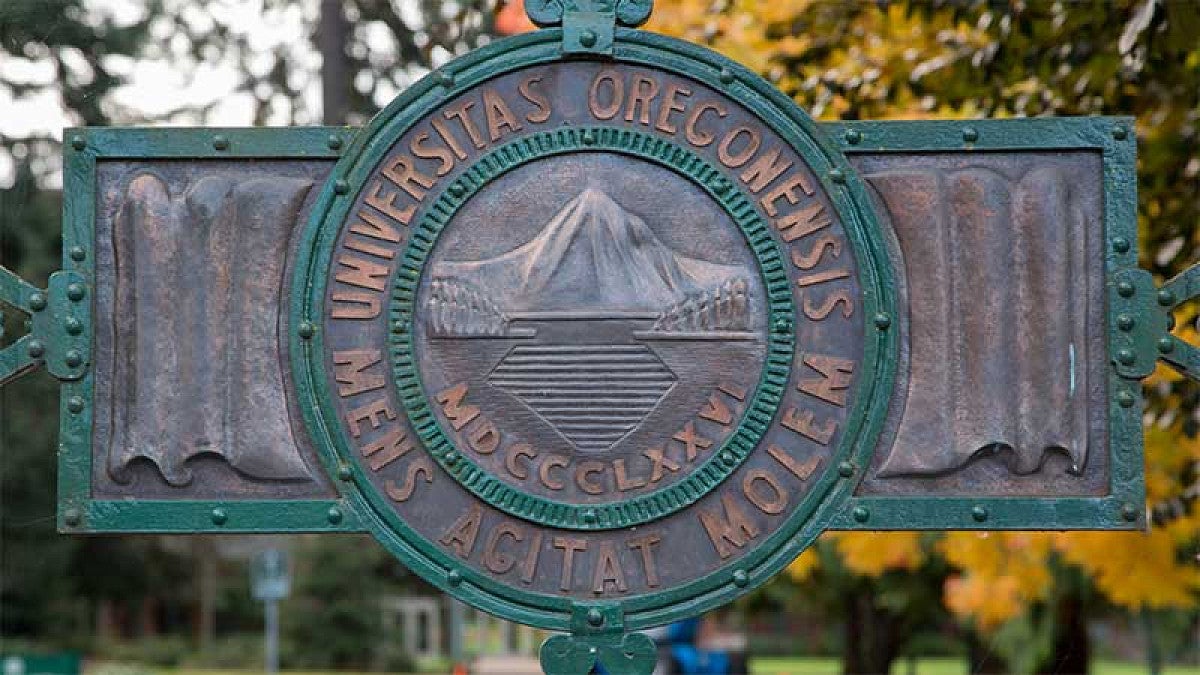The Board of Trustees of the University of Oregon will receive an overview of the recently announced Ballmer Institute for Children’s Behavioral Health at its regular quarterly meeting March 14 and 15.
The Portland-based institute, made possible by a lead gift of more than $425 million from Connie and Steve Ballmer, will establish a new national model for providing behavioral and mental health care to schoolchildren, through a partnership that brings together the UO’s top-ranked research programs, Oregon K-12 public schools and community support groups.
Goals for the institute include graduating at least 200 behavioral health practitioners annually from the proposed bachelor degree program, as well as offering a certificate program to current K-12 educators and other midcareer students. The institute plans to hire more than 25 new faculty members to expand the body of research and develop new, innovative programs to help children at various intervention stages, including early childhood and adolescence.
Trustees will consider approving a purchase agreement for the former Concordia University campus in northeast Portland to house the new institute. The 19-acre campus includes 23 furnished buildings, including classroom buildings, faculty offices, a recently constructed library, a recently renovated athletic facility, a student center, two residential homes and 513 beds in on-campus residential housing.
The negotiated purchase price for the real estate and its contents is $60.5 million, pending ongoing due diligence by the UO. The purchase, as well as any needed renovation to make the campus operational for the UO, would be fully funded by the gift from Connie and Steve Ballmer.
The meeting agenda and materials, as well as a live webcast link, are available on the board of trustees website.
On the second day of their meeting, the board will vote to set student tuition and fees for the 2022-23 academic year, following a public comment session.
UO President Michael H. Schill on March 7 released his recommendations on student tuition and fees, after receiving feedback from students and others in a variety of ways. The president’s recommendations track closely with those developed by the Tuition and Fee Advisory Board — comprised of students, staff and faculty members — over the course of nine public meetings over fall and winter terms.
Like the advisory board, Schill is recommending the tuition rate for next year’s incoming group of undergraduate students be set at a level higher than this year’s first-year students by 4.5 percent for Oregon resident students and 3 percent for nonresident students. If approved, those rates would then be locked for those students for five years. Adjusted administratively controlled mandatory fees for all incoming undergraduate students, meanwhile, would be 3.74 percent higher than for the previous class.
The recommended tuition and fee rates would only apply to the incoming class of first-year and transfer undergraduate students this fall. Under the Oregon Guarantee, tuition rates and mandatory fees for all returning undergraduate students are already set. The president is also recommending graduate tuition rates that vary from no increase to a 5 percent increase, depending on the program.
Schill also wrote that he was open to a modification of the tuition advisory board’s recommendation on the student union fee, should the Associated Students of the University of Oregon send him a different proposal for funding the Erb Memorial Union by March 10.
If they forward a new proposal, the president will revise his fee recommendations to the board. Any changes will be provided as a supplemental document in advance of the meeting.
“I want to thank all the members of TFAB for their hard work and dedication,” Schill wrote. “This proposal I am recommending to the Board of Trustees is the product of their time and effort.”
In other work, the board will:
- Be asked to approve two capital projects, a $15 million restoration of the Knight Library’s exterior, roof and foundations funded by the state Legislature; and an expanded version of a proposed Oregon Acoustics Research Lab, for which the UO is seeking a $15 million grant from the federal Economic Development Administration.
- Receive a briefing on the university’s quarterly financial reports.
- Hear an update on the Institutional Diversity Dashboard project, which will track additional data on diversity at the UO, and an upcoming campus climate survey on the topic.
- Be briefed on the recently concluded short session of the Oregon Legislature.
- Review the implementation of Associated Students of the University of Oregon’s basic needs program for students, which is funded through the incidental fee.
- Receive the semiannual report on student success.
- Review a business services project that is enhancing the UO’s approach to business transactions.
- Hear about the UO-owned Pine Mountain Observatory, located in Central Oregon, and the academic programs it supports.
The board will meet in the Giustina Ballroom in the Ford Alumni Center starting at 9:30 a.m. Monday, March 14, and at 9:30 a.m. Tuesday, March 15. Information about how to submit public comments and observe the proceedings is available on the board’s meetings page.


